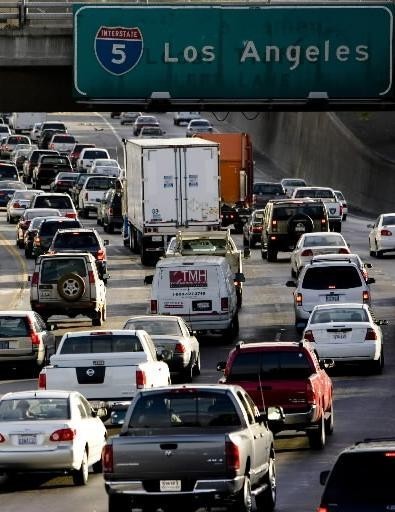
WASHINGTON – In a 5-4 decision, the U.S. Supreme Court yesterday condemned federal environmental officials’ “steadfast refusal to regulate greenhouse gas emissions,” saying it “presents a risk of harm that is both ‘actual and ‘imminent.’ ”
The ruling came in “Massachusetts v. Environmental Protection Agency,” a multi-state challenge to EPA vehicle regulations. (Power-plant emissions are the subject of a separate suit against the agency, led by New York state.)
In 2003, the EPA said it would not regulate emissions of carbon dioxide and other greenhouse gases from new vehicles. In their lawsuit, Massachusetts, Rhode Island and 10 other states – joined by environmental groups and a number of cities – contested that decision, saying it conflicts with the federal Clean Air Act.
Rhode Island joined the suit because carbon dioxide “is the primary contributor to the greenhouse effect,” Attorney General Patrick C. Lynch said in a statement.
The EPA had given two reasons for refusing to regulate such emissions, he noted. First, that carbon dioxide is not a pollutant, and therefore did not come under the agency’s authority; and second, that even if it had the authority, it would not limit emissions of the gas because that would conflict with Bush administration policies.
The court’s decision “debunked the EPA’s flawed logic,” Lynch said. “They might be inconvenient truths for the Bush administration, but the Clean Air Act is the law of the land, carbon dioxide is a pollutant, and the Environmental Protection Agency can’t continue to flout the law,” he said.
On the question of whether the Clean Air Act authorizes the EPA to regulate greenhouse gas emissions, Supreme Court Justice John Paul Stevens wrote in the majority opinion: “We have little trouble concluding that it does. Greenhouse gases fit well within the Act’s capacious definition of ‘air pollutant’ and EPA has the statutory authority to regulate emission of such gases from new motor vehicles.” In 1998, the majority noted, the EPA affirmed that it had such authority.
On the question of whether the EPA might rely on administration policy in deciding whether to regulate carbon dioxide, the court wrote, it is evident that “these policy judgments … have nothing to do with whether greenhouse gas emissions contribute to climate change. Still less do they amount to a reasoned justification for declining to form a scientific judgment on whether such emissions endanger public health and welfare.”
The EPA also had argued that the states had no standing to challenge its decision, because they could show no particular harm resulting from climate change.
On that issue, the court wrote: “The harms associated with climate change are serious and well-recognized.” It added, “EPA’s steadfast refusal to regulate greenhouse gas emissions presents a risk of harm that is both ‘actual’ and imminent.’ There is moreover a substantial likelihood that the judicial relief requested will prompt EPA to take steps to reduce that risk.”
The ruling was lauded by Sierra Club executive director Carl Pope as “a total rejection of the Bush administration’s refusal … to meet the challenge posed by global warming.”
Lynch called it “a ringing victory for everybody who genuinely cares about the fate of our nation and our planet.”
The decision may not force the EPA to impose new regulations, Bloomberg News noted. But it will add to the mounting domestic and international pressure the Bush administration faces for continuing to resist such limits.












